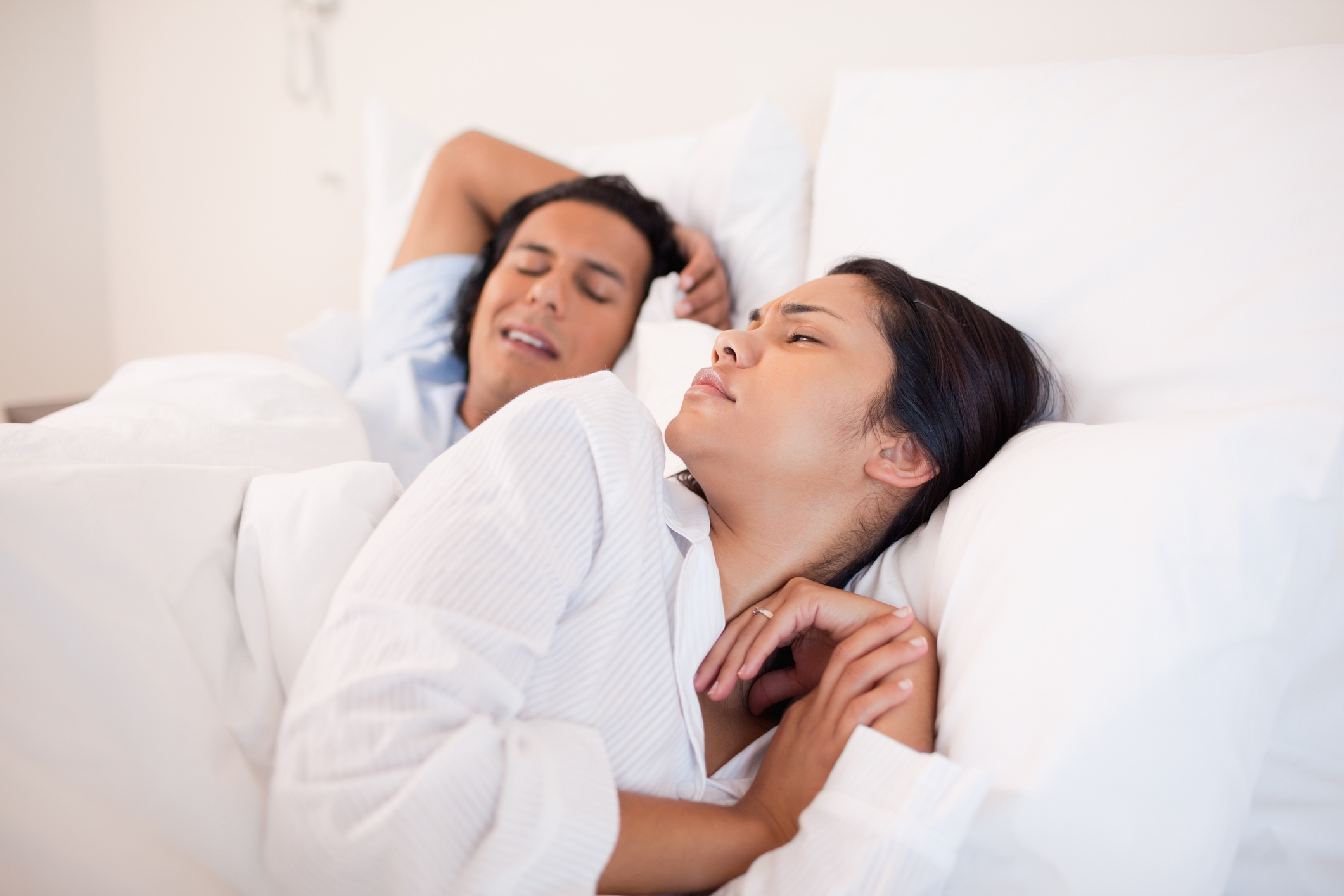SLEEP APNEA
Sleep Apnea is a common condition which occurs when a person?s airway becomes partially or completely blocked many times during sleep.
Read more

INSOMNIA
Insomnia, or difficulty either getting to sleep or staying asleep, is very common. In any one year, over 30% of the Australian population have difficulty sleeping for more than a month, and around 15% have problems sleeping most of the time.
Read more

SNORING & ITS HARMFUL EFFECTS
Snoring is the loud hoarse or harsh sound that occurs when your breathing is partially obstructed in some way while you?re sleeping.
Read more

NARCOLEPSY
Narcolepsy is an uncommon condition affecting around 3 people in every 10,000. Even though it is uncommon, many people have heard of narcolepsy and know that one of the features of narcolepsy is difficulty staying awake.
Read more

RESTLESS LEGS SYNDROME
Whilst most people will have experienced these symptoms at some stage in their life, such as during pregnancy, restless legs becomes a problem when symptoms occur most days and result in difficulty getting to sleep or sleep disturbance.
Read more

PARASOMNIA
Abnormal behaviours during sleep can take many forms. The most common forms are sleep walking and sleep talking, but other examples include acting out dreams, eating during sleep, or yelling out during sleep. Collectively, all of these behaviours are called parasomnias.
Read more

SLEEP STUDY / POLYSOMNOGRAPHY
Sleep study is an overnight observation of an individual?s sleep. This involves monitoring number of physiological parameters simultaneously like EEG (brain activity), the eye moments (EOG), the chin tone (EMG), breathing (nasal flow), breathing efforts, Oxygen level, heart rhythm (ECG).
Read more

TREATMENT
Stop Snoring & Get Restful Sleep. If you continue to have daytime sleepiness despite treatment it?s important to ensure that you are getting enough sleep; adults should get at least 7 to 8 hours of sleep; children and teens need more.
Read more

